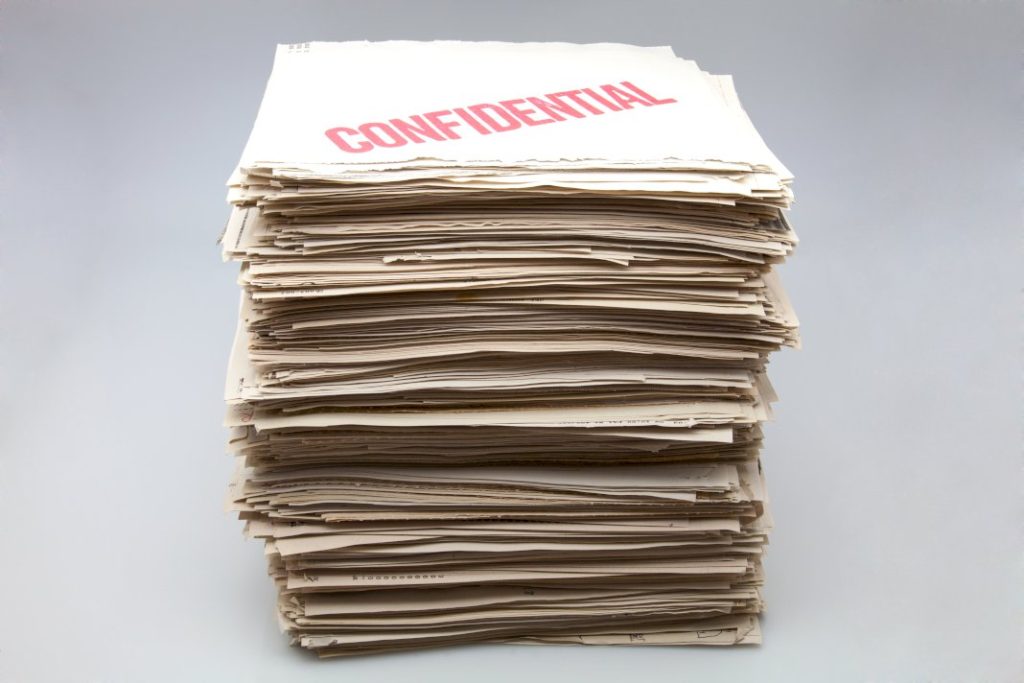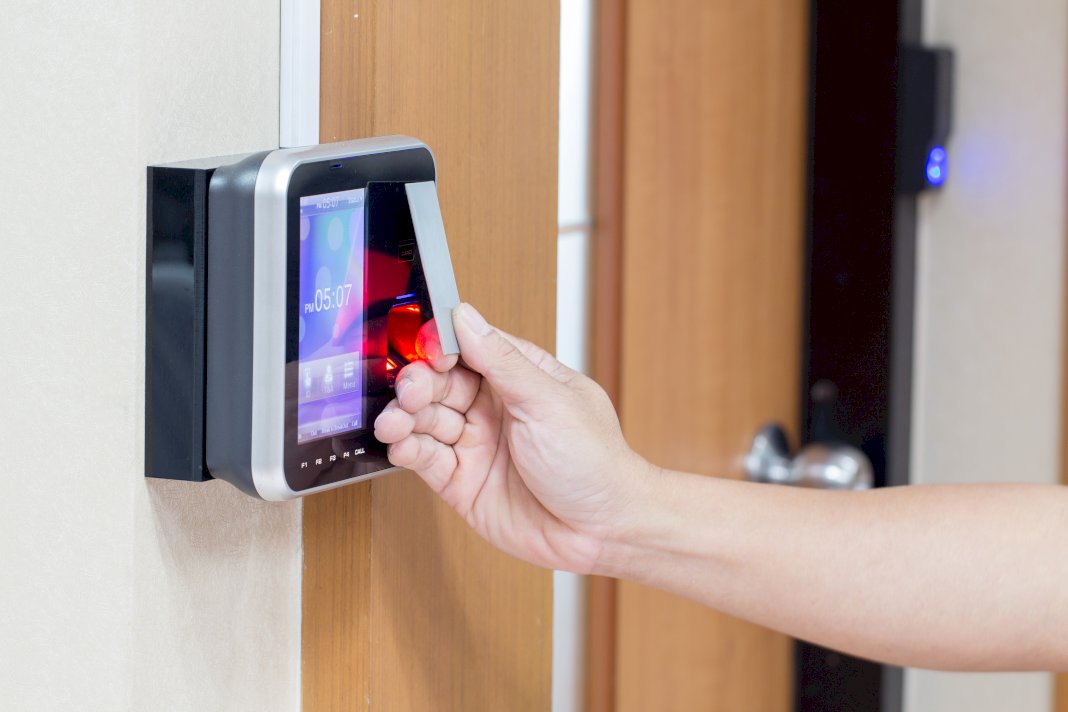- Invest in high-quality document shredders and instill a culture of information security within the organization.
- Securely store documents with access control, lock systems, backup and encryption, and regular auditing.
- Apply stringent precautions with portable devices, ensuring they are password-protected and authorized.
- Regularly organize employee security training and emphasize the importance of data security and email etiquette.
- Consider hiring a document management service for large-scale infrastructure implementations and data breach management.
In the modern age of information and technology, protecting confidential information is critical to running a business efficiently and safely. It is pertinent that sensitive documents are protected and secured from prying eyes. As a business professional, you cannot afford to lose confidential documents, let alone watch them fall into the wrong hands. This article will provide you with the best tips for safeguarding important documents. Read on to learn more about securing your confidential files with minimal disruption to your office functions.

Tip #1: Invest in a High-Quality Document Shredder
The first step in safeguarding your confidential document is to destroy sensitive files for disposal. Using a shredder, specifically high-quality shredders, should be a top priority. Always ensure that all employees understand the importance of shredding essential documents when they are no longer needed. This can also be a conversation topic during onboarding for new employees, emphasizing the importance of information security to them and ensuring it becomes a company culture.
Tip #2: Securely Store Documents
Every business should have a secure storage system for confidential documents. Different kinds of documents may require different levels of security, so it is essential to identify which ones need extra care. Here are some tips:
Access Control:
Access to sensitive documents should be limited to a few authorized personnel. This will prevent unauthorized access and reduce the risk of sharing confidential documents with the wrong people. For example, HR files should only be accessible to HR personnel and managers.
Room or Cabinet Locks:
Store confidential documents in lockable cabinets or rooms. This adds an extra layer of security and allows you to control access to specific areas. For one, doors should be secured with high-quality locks. Mortise locks are recommended as they provide high security, but cylindrical locks are also a good option. Opt for known brands to ensure durability, like Sargent cylindrical locks known for their strength and reliability, or Schlage mortise locks designed to withstand high-traffic areas.
Backup and Encryption:
In addition to physical security, electronic copies of confidential documents should also be stored safely. Utilizing encrypted storage systems for backups and electronic documents is highly recommended. This adds a layer of protection against cyber threats, as hackers will have a harder time accessing encrypted files. You can also implement password protection for added security.
Regular Auditing:
It is crucial to regularly audit your storage systems to ensure that all confidential documents are accounted for and properly stored. This includes checking access logs and reviewing security protocols to identify any potential vulnerabilities.
Tip #3: Take Extra Precautions with Portable Devices
Portable devices such as laptops, mobile phones, and USB thumb drives are at greater risk of being misplaced or stolen. It is good practice to store confidential documents on authorized devices only and not through cloud platforms such as Google Drive or Dropbox. With devices outside your office, always ensure they are password-protected and use the same authorization policies on your office’s physical storage devices. Some companies also opt to equip portable devices with tracking software in case they are misplaced or stolen.
Tip #4: Provide Training and Educate Employees
Providing employee security training is also a significant step in safeguarding confidential documents. Regular training should include updates in security protocols and highlight the dangers of data breaches. Employees should be trained on appropriate email etiquette and the importance of keeping the work environment secure. The company’s strong culture of information security serves as a vital first line of defense.
Tip #5: Hire a Document Management Service
Sometimes, the document management service option is the best response to a solid confidential data safeguarding system. An external document management service will work with you to identify the best way to safeguard confidential information. They will provide large-scale infrastructure implementations like servers or network security enhancements that can prevent data loss due to cyber-attacks. These document management services also have experts in the field to handle a data breach quickly and efficiently.
Securing confidential documents is a fundamental aspect of running a business. This is because losing sensitive information can be more than a headache; it could be catastrophic for the company. You can safeguard confidential documents by taking necessary precautions, such as investing in high-quality shredders, securing documents, taking extra precautions with portable devices, providing employee training, and hiring a document management service. With these tips, you can protect your business and its confidential information from potential threats.
Infographic created by United States Bullet Proofing, Makers of High-Quality Bulletproof Glass For Your High-Risk Properties


